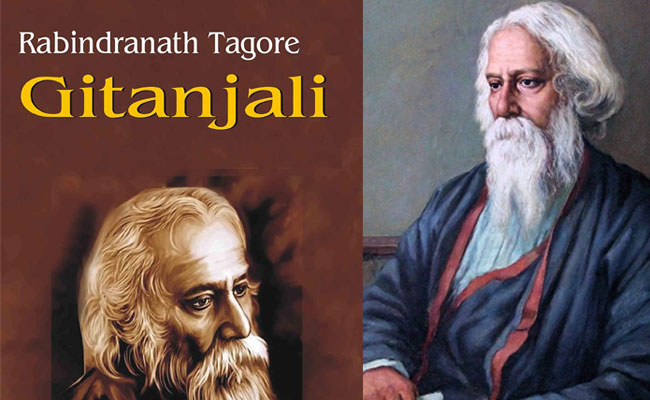Exploring Gitanjali: A Masterpiece of Indian Literature
Gitanjali, meaning “Song Offerings” in English, is a collection of poems by the Indian poet, philosopher, and Nobel laureate Rabindranath Tagore. Published in 1910, Gitanjali is considered a masterpiece of Indian literature and has been translated into numerous languages.
In this article, we will explore the significance of Gitanjali, its themes, and its enduring legacy in Indian literature and culture.
The Significance of Gitanjali
Gitanjali was written during a time of great upheaval in India, as the country was struggling for independence from British colonial rule. In this context, Gitanjali served as a source of inspiration and hope for the Indian people, expressing the spirit of the Indian nation through its poetry.
The collection consists of 103 poems, which are mostly devotional in nature, expressing the poet’s deep spiritual connection with the divine. The poems are written in a simple, lyrical style, with a focus on the beauty of nature, the cycles of life and death, and the search for meaning and purpose in existence.
Themes in Gitanjali
One of the central themes of Gitanjali is the search for spiritual enlightenment and the quest for a deeper understanding of the divine. The poems express a profound sense of awe and wonder at the beauty and mystery of the natural world, and a desire to connect with the divine through prayer and meditation.
Another theme of Gitanjali is the importance of love and human relationships. The poems express the joys and sorrows of human love, the pain of separation and loss, and the need for human connection in a world that can sometimes feel cold and indifferent.
Gitanjali also explores the themes of identity and self-discovery. The poems express the struggle to find one’s place in the world, the search for meaning and purpose in life, and the desire to transcend the limitations of the self.
Legacy of Gitanjali
Gitanjali has had a profound impact on Indian literature and culture. The collection marked a turning point in Indian poetry, breaking away from the traditional formalism of Indian poetry and introducing a new, more expressive style that was accessible to a wider audience.
Gitanjali also helped to introduce Indian literature to the Western world, as it was translated into English by Tagore himself and published by the famous Irish poet W.B. Yeats. The collection went on to win the Nobel Prize for Literature in 1913, making Tagore the first non-European to receive the award.
Gitanjali continues to be celebrated and studied in India and around the world. Its themes of spirituality, love, and self-discovery resonate with readers of all ages and backgrounds, and its lyrical beauty continues to inspire and uplift.
Conclusion
Gitanjali is a masterpiece of Indian literature, expressing the spirit of the Indian people and their struggle for independence through its poetry. The collection explores themes of spirituality, love, and self-discovery, and has had a profound impact on Indian literature and culture. Gitanjali remains an enduring legacy of the genius of Rabindranath Tagore and a testament to the power of poetry to inspire and transform.
![]()





